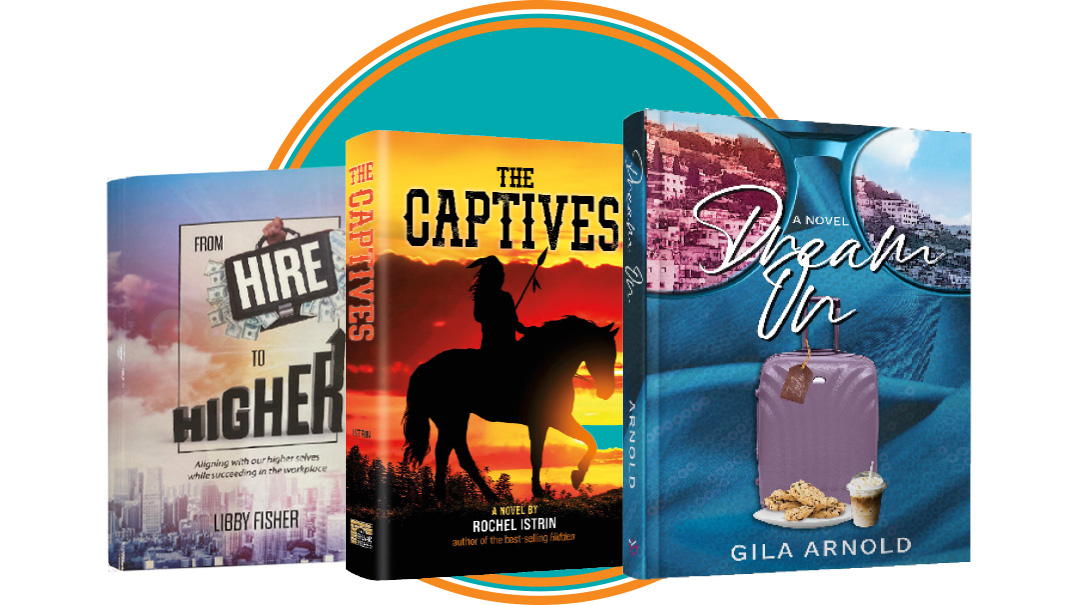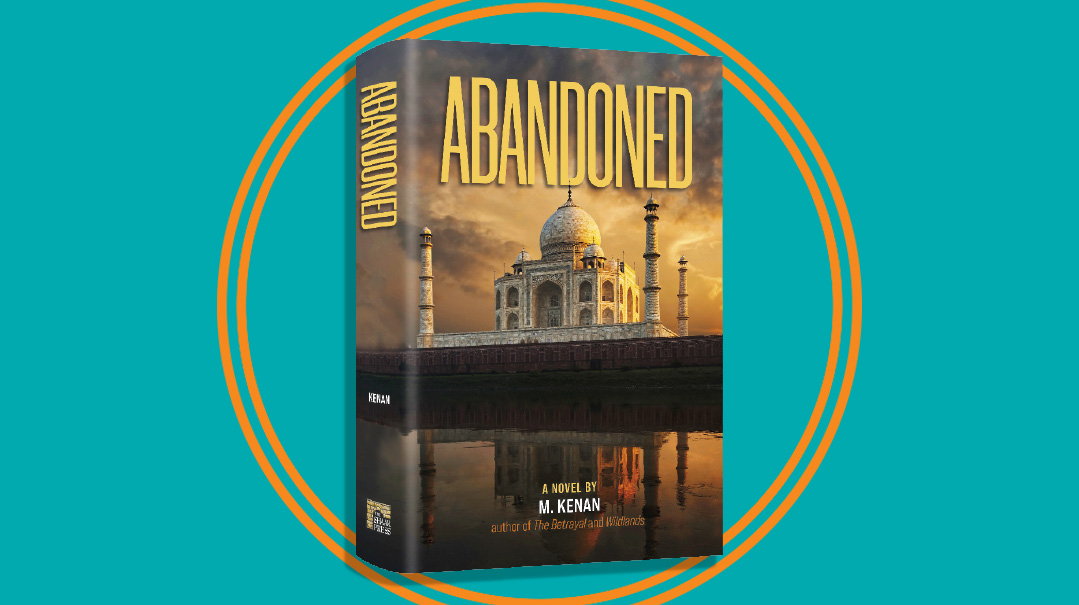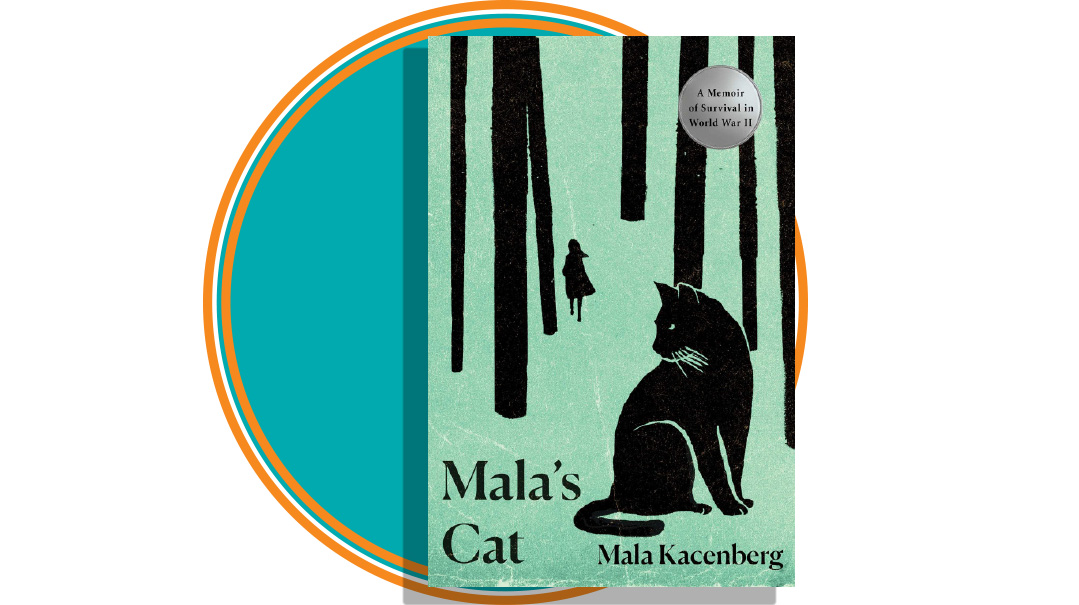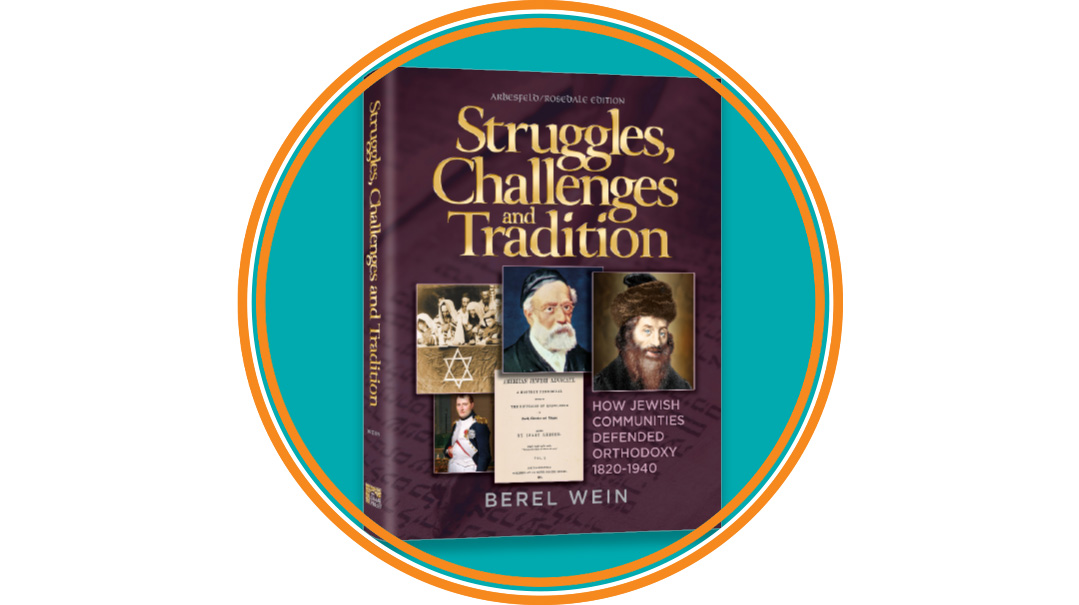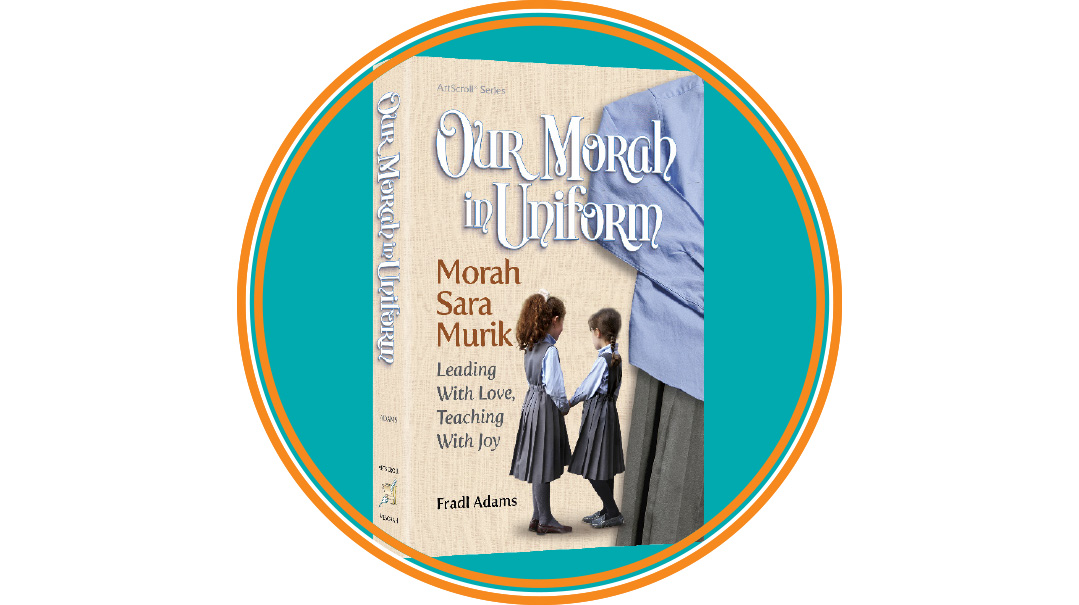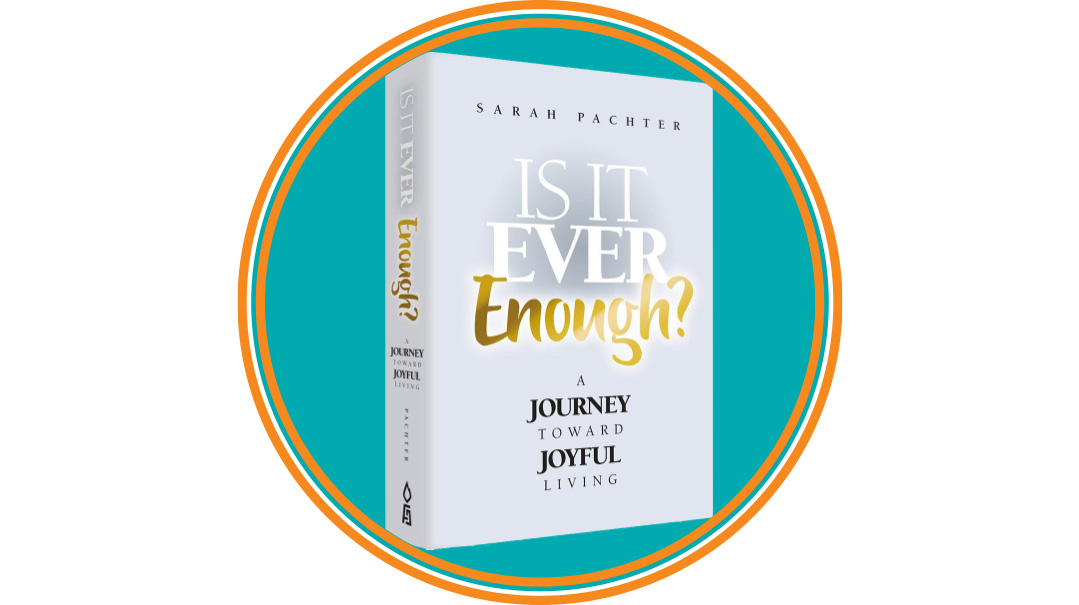Wildlands
| September 29, 2020I’ve heard it said in the name of Rav Shach that our generation doesn’t hear enough stories about kiddush Hashem
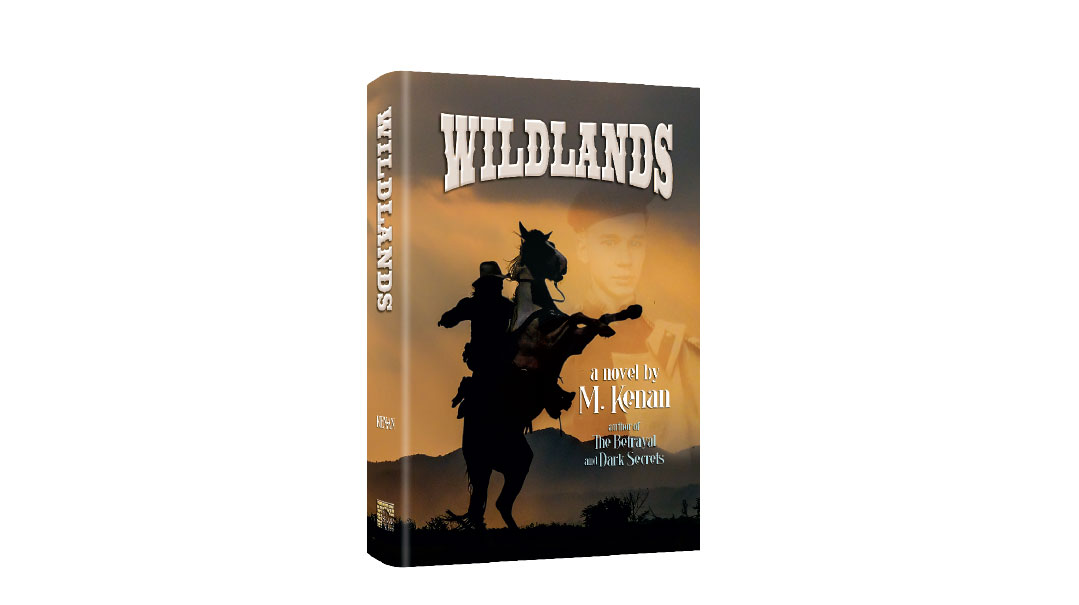
Book: Wildlands
Author: M. Kenan
Publisher: Shaar Press, ArtScroll Mesorah Publications
How it all began
I first started writing Wildlands around ten years ago, after I realized that the painful period of the Cantonists, which altered the course of Jewish history, didn’t feature much in adult Jewish literature, only in children’s stories. I thought that such a critical period deserved to be treated more in depth and with greater maturity.
This book was inspired by
I’ve heard it said in the name of Rav Shach that our generation doesn’t hear enough stories about kiddush Hashem. There are stories, of course, but since they’re usually written for children, they lack emotional depth and don’t prepare us to deal with real-life challenges in this area. When I heard this, I felt that I wanted to write a book where a very human hero faces this ultimate challenge, fails, but in the end bravely makes the right decisions.
Why the title “Wildlands”
The name Wildlands refers both to the wild territories the hero traverses in Russia and America and to the wildness of human nature. Our natures need so much work and tending, and are perhaps never fully subdued. We always discover more inside ourselves, and there’s always more wildness to tame.
False Starts
I spent a lot of time doing research. I had to study Russian history. I needed to understand how the army and the Cossacks operated, and what the Jewish community was like.
I perused old documents and papers until I felt ready to create an authentic picture of the time period. Then I researched life in the American South during this time. Then, I finally started to write.
At one point, I sent the partial draft of my manuscript to a historical expert. I didn’t know that this scholar was cynical and sharp-tongued. My document came back riddled with his comments. Although they only pointed out minor corrections, there was so much criticism there that I left the book alone for a while.
If not for a good friend of mine, who took the file, deleted the barbs, and replaced them with dry, factual corrections, I don’t know if I’d have ever re-opened it.
My friend didn’t give up on me and kept pushing me to get back to work on the story. Which is a good thing, because out of all the characters I’ve created in my books, Gedalia ended up being my favorite hero.
Oops! We could not locate your form.

